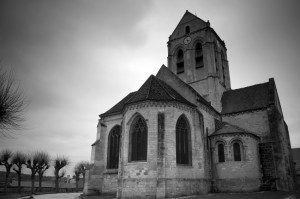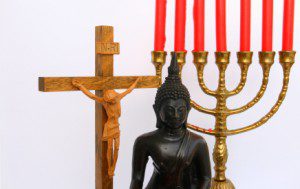People often wrongly connect Darwin’s doctrine of the survival of the biological fittest, including reproduction, with superiority in other spheres, such as morality, intellect, aesthetics, and spirituality. If anything, the moral to Darwin’s ethical stance is that people should have big families, wherein the children reach adulthood. What is termed Social Darwinism should probably be labeled Social Spencerism, following Herbert Spencer’s social philosophy. Darwin did not fully accept Social Darwinism or “eugenics,” which was coined by Darwin’s cousin, Francis Galton... Read more

















